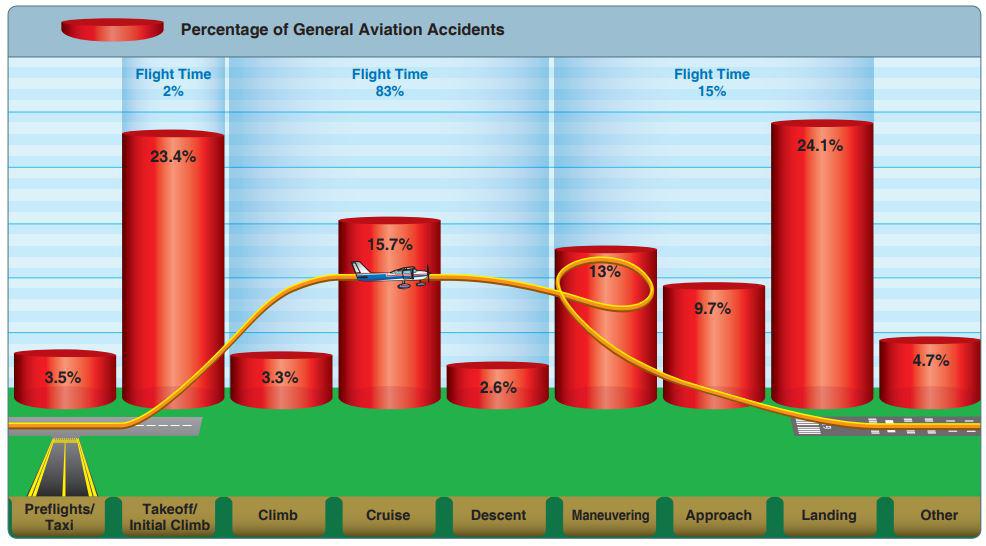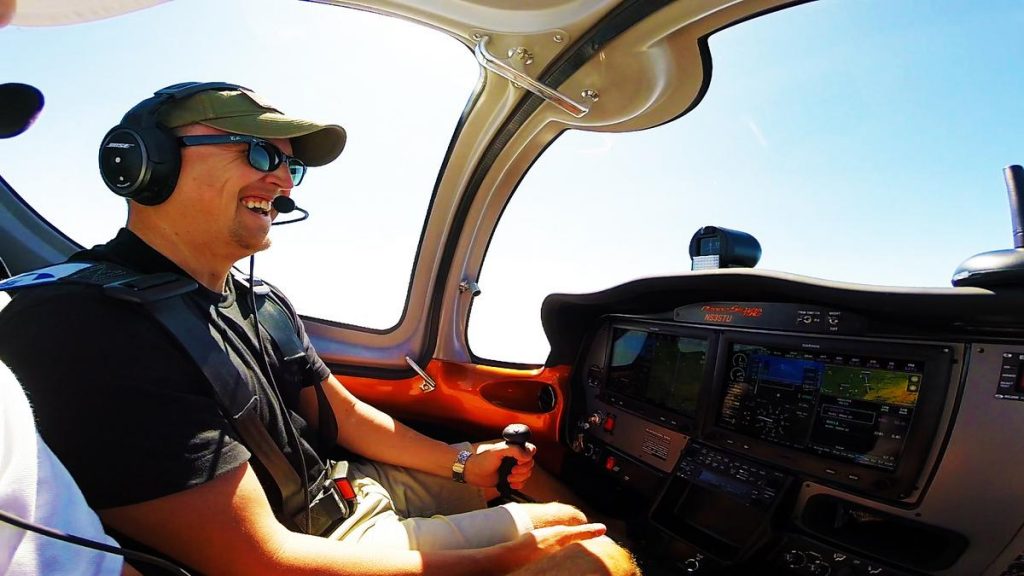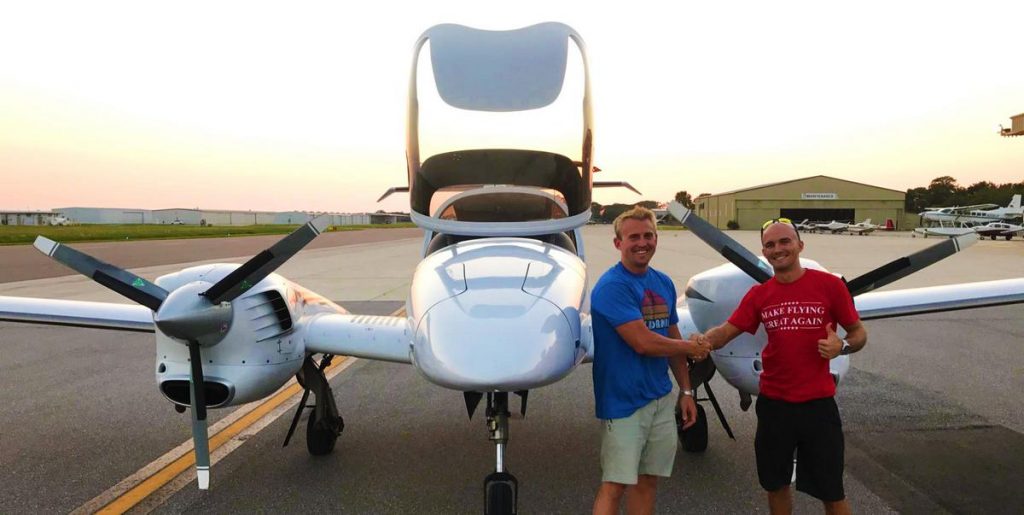Medications Banned by the FAA

Drugs denied by the FAA
The FAA constantly updates its list of approved and not approved medications. Below is a list of specifically not approved meds that the FAA has instructed AMEs (aviation medical examiners) to not issue a Medical Certificate if a pilot is currently taking them. Just becuase you do have a valid medical, does not mean you can go and start taking medication without first talking with your AME. Only an AME physician has the knowledge of what is and is not approved by the FAA for Pilots.

Do Not Issue. AMEs should not issue airmen medical certificates to applicants who are using these classes of medications or medications.
- Angina medications
- nitrates (nitroglycerin, isosorbide dinitrate, imdur),
- ranolazine (Ranexa).
- Anticholinergics (oral)
- e.g: atropine, benztropine (Cogentin)
- Cancer treatments including chemotherapeutics, biologics, radiation therapy, etc., whether used for induction, “maintenance,” or suppressive therapy.
- Controlled Substances (Schedules I – V). An open prescription for chronic or intermittent use of any drug or substance.
- This includes medical marijuana, even if legally allowed or prescribed under state law.
- Note: for documented temporary use of a drug solely for a medical procedure or for a medical condition, and the medication has been discontinued, see below.
- Diabetic medications
- NOT listed on the Acceptable Combinations of Diabetes Medications(PDF).
- e.g.: SGLT-2 inhibitors such as Invokana, Farxiga and Jardiance are NOTallowed.
- Dopamine agonists used for Parkinson’s disease or other medical conditions:
- bromocriptine (Cycloset, Parlodel),
- pramipexole (Mirapex), ropinirole (Requip), and
- rotigotine (NeuPro)
- FDA (Food and Drug Administration) approved less than 12 months ago. The FAA requires at least one-year of post-marketing experience with a new drug before considering if for aeromedical certification purposes. New antibiotics, lipid-lowering drugs, and antihypertensive medications may be considered earlier than one year. Please contact the RFS or AMCD for guidance on specific applicants.
- Hypertensive (centrally acting) including but not limited to
- clonidine
- nitrates
- guanabenz, methyldopa, and reserpine
- Malaria medication – mefloquine (Lariam)
- Over-active bladder (OAB)/Antimuscarinic medications as these carry strong warnings about potential for sedation and impaired cognition.
- e.g.: tolterodine (Detrol),
- oxybutynin (Ditropan),
- solifenacin (Vesicare).
- Psychiatric or Psychotropic medications, (even when used for something other than a mental health condition) including but not limited to:
- antidepressants (certain SSRIs may be allowed – see SSRI policy)
- antianxiety drugs – e.g.: alprazolam (Xanax)
- antipsychotics
- attention deficit disorder (ADD) or attention deficit hyperactivity disorder (ADHD) medications
- mood stabilizers
- sedative-hypnotics
- stimulants
- tranquilizers
- Seizure medications, even if used for non-seizure conditions such as migraines
- Smoking cessation aid – e.g.: varenicline (Chantix)
- Steroids, high dose (greater than 20 mg prednisone or prednisone-equivalent per day)
- Weight loss medications – ex: combinations including phentermine or naltrexone.
Do Not Fly. Airmen should not fly while using any of the medications in the Do Not Issue section above or while using any of the medications or classes/groups of medications listed below without an acceptable wait time after the last dose. The FAA is concerned that even without any feeling of impairment you may still not be fully alert and fit to fly.
What you can fly with, after you’ve taken it and time has passed
The FAA also has a list of prohibited meds that you can still fly after taking as long as enough time has passed since the last dose. There are two rules they follow to determine how long you have to wait after taking your last dose:
- 5-times the maximum pharmacologic half-life of the medication; or
- 5-times the maximum hour dose interval if pharmacologic half-life information is not available. For example, there is a 30-hour wait time for a medication that is taken every 4 to 6 hours (5 times 6)
Label warnings
Airmen should not fly while using any medication, prescription or OTC, that carries a label precaution or warning that it may cause drowsiness or advises the user “be careful when driving a motor vehicle or operating machinery.” This applies even if label states “until you know how the medication affects you” and even if the airman has used the medication before with no apparent adverse effect.
- Allergy medications.
- Sedating Antihistamines. These are found in many allergy and other types of medications and may NOT be used for flight. This applies to both nasal and oral formulations.
- Nonsedating antihistamines. Medications such as loratadine, desloratadine, and fexofenadine may be used while flying, if symptoms are controlled without adverse side effects after an adequate initial trial period.
- Muscle relaxants: This includes but is not limited to carisoprodol (Soma) and cyclobenzaprine (Flexeril).
- Over-the-counter active dietary supplements such as Kava-Kava and Valerian.
- Pain medication:
- Narcotic pain relievers. This includes but is not limited to morphine, codeine, oxycodone (Percodan; Oxycontin), and hydrocodone (Vicodin, etc.).
- Non-narcotic pain relievers such as tramadol (Ultram).
- “Pre-medication” or “pre-procedure” drugs. This includes all drugs used as an aid to outpatient surgical or dental procedures.
- Sleep aids. All the currently available sleep aids, both prescription and over-the-counter (OTC), can cause impairment of mental processes and reaction times, even when the individual feels fully awake.
- See wait times for currently available prescription sleep aids
- Diphenhydramine (Benadryl) – Many OTC sleep aids contain diphenhydramine as the active ingredient. The wait time after diphenhydramine is 60 hours (based on maximum pharmacologic half-life)






Responses